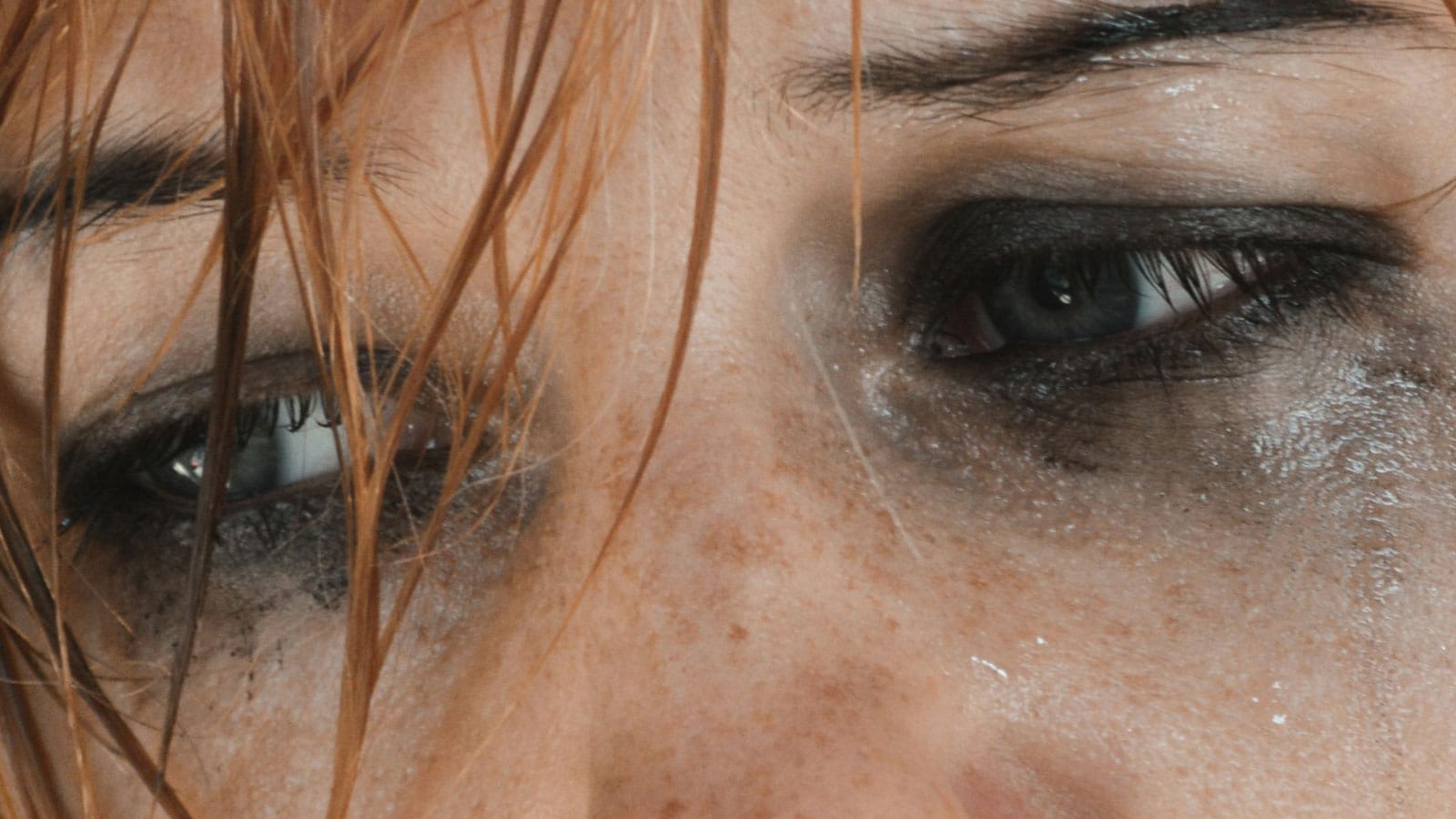The Dangerous World of Personal Essays
by Rax King

“The Personal Essay Boom Is Over,” wrote Jia Tolentino in The New Yorker back in 2017, the boom in question having taken place in the early 2010s. Those personal essays “came off as unseemly,” Tolentino wrote, “the writer’s judgment as flawed. They were too personal: the topics seemed insignificant, or else too important to be aired for an audience of strangers.”
Behind the arguments about the writers’ character, though, Tolentino described the specific and cultural conditions of that so-called boom, a period when wannabe writers graduated from their J-schools into an economy that offered few steady journalism jobs, but plenty of poorly paid opportunities to write about their traumatic pasts. Shrinking freelance budgets led magazines to commission cheaper work in place of expensive reported pieces, and (not unrelated) to the short-sighted desperation of young journalists to make a name for themselves any way they could, despite the risk of getting bludgeoned by the merciless online public.
Tolentino ended by telling us she still appreciated the essays of that first online boom (“I loved watching people try to figure out if they had something to say”).
Other critics have been less generous. Audiences have been as unsettled by the essayist’s lack of decorum as they've been captivated by it, for as long as the form has existed. Many readers are fundamentally grossed out by public revelations of humiliating experiences like nearly ending a marriage during a manic episode or losing $50,000 to a phone scam or, for that matter, unapologetically cheating on one’s abusive husband.
It’s a paywall, but a small one
Read this post and get our weekdaily newsletter for $3 a month
